|
End Racial Distancing It always rubbed me the wrong way how many white folks inquire about why I have Black friends. Or why I surround myself with people who don't look like me. Even in the dating world, so many people gracefully back away when they find out that my social media pictures with Black friends aren't there to make some "I'm not a racist statement" but that I genuinely have numerous Black friends dating back 40 years. This essay explores this awful phenomena and encourages us to do what I call end racial distancing.
0 Comments
Ending the cycle of racial bias introduced through books We spend time as parents previewing movies to determine whether they are appropriate for our kids. We concern ourselves, rightly so, with whether a tv show or movie or even video game has too much sex or violence for our young children. But we forget to also be as concerned about whether the books we're reading to our children contain negative images, or lack positive images, when it comes to race. This piece dives into how we can be intentional about what books we read to our kids so they don't suffer from the same unconscious bias we were trained to have.
Lessons in self-defense The media over and over displays images of Jews being nerdy. Jews as accountants with pencils and calculators in their pockets. Or people who can be pushed around. People who aren’t tough enough to fight back. These repeated stereotypes affect how non-Jews perceive Jews and, frankly, how many of us Jews see ourselves. This article shows why those stereotypes are not only dangerous, they're false.
The 2021 film "Subjects of Desire" is a must see. It unpacks some of the negative stereotypes of Black women and how that has impacted both Black and white people in society. This essay gives you a glimpse of why we should watch this film to broaden your knowledge and help us improve society.
The lasting impact entertainment has on society Hollywood is known for its long list of liberal social justice warriors. You hear the speeches at every awards ceremony. Actors, directors and artists demanding racial justice. Demanding an end to anti-gay bias. Shouting for environmental protection. Worthy causes, no doubt.
Yet we're left scratching our heads why movies, television shows, cartoons and the like still after all these years include imagery that too often portrays Black and Brown people in a negative light. When so much of our after 5:00 p.m. space in life largely are people who only look like us, we are left to mass media to fill our unconscious hearts and minds. And it is precisely these images that create unconscious bias. Part of loving one’s country is wanting to redress its wrongs Rapper Pitbull again said that anyone who criticizes America should think about moving to Cuba and see how much they like it.
But Pitbull misses the point. Our standard for a great America isn't whether we're better that North Korea, Iran and Cuba. It is patriotic to want true history to be taught to our children. It's patriotic to critique America so it can improve its ways. It's patriotic to fight for social justice for all of its citizens. This essay breaks this down. Untangling the images that shape our thinking This essay uses the backdrop of comics and superheroes to highlight how we our unconscious bias has been form through childhood images. When people took to the internet to criticize the new Black Batwoman, it reminded me how we had green superheroes and a dog before we had a popular Black superhero. This essay explores how that harmed us and provides us tools to undo that impact.
Beauty, Lessons, Challenges and Repair I wasn’t sure what to expect when I landed in the Rwandan capital city of Kigali. I was visiting East Africa as part of Africa Development Promise’s program to support women-owned farming cooperatives.
I had done my fair share of reading about various parts of Africa over the years and certainly didn’t have a monolithic view of the continent. But you can’t grow up in a western country without having at least some unconscious bias about the continent being “backwards.” It’s not like I thought of countries as “shitholes” or anything, but I still approached my trip with a combination of excitement and apprehension. This piece explores my travels to Rwanda, Ethiopia and Uganda and what lessons we can learn from the beautiful continent of Africa. The one hatred that doesn’t get canceled. We justifiably want to cancel racism, sexism, misogyny and other forms of disturbing beliefs and behavior. Most of us want a society where hatred isn't tolerated. Sadly, though, Anti-Semitism isn't approached with the same disdain as other forms of bigotry.
This essay explores why we need to include hatred of and bias towards Jews in our social justice efforts. THIS IS NOT YOUR FATHER’S AFRICA Nobody of course thinks Coming 2 America was as good as the original, but it was still quite a feet to see the original cast in all their glory. The movie had its funny moments, no doubt, but author Jeffrey Kass reminds us that Africa isn’t riding around buck naked on a Zebra. It isn’t just charging elephants and people in grass skirts. Africa today is home to great universities, accomplishments, modern buildings and advancement. This essay explores why the images depicted in movies can often mis-educate us and perpetuate negative unconscious bias against people of color.
DOLLS MAY SOUND TRIVIAL, BUT IT’S THINGS LIKE CHILDREN’S TOYS THAT HELP FORM UNCONSCIOUS VIEWS OF OURSELVES AND OTHERS Images form much of our unconscious bias. And unconscious bias is what us humans base most of our decisions on. Like it or not. Whether it’s an untreated childhood trauma. Bad experiences in relationships. Or even race and gender. The images we are fed from early childhood form our unconscious views. Jeffrey Kass uses the history of Black dolls in America to show how these images can negatively impact not only how white people view Black people, but also how Black people view themselves. It impacts self-esteem.
HOW ABOUT ALL YEAR ROUND Black History Month obviously is an important time to learn about the challenges and contributions of Black people in America. But those contributions are far more than just the civil rights movement. Black Americans have been far more involved in America’s advancement than most of us have been taught. This essay dives into why Black history needs to be taught as part of American history and not just in one short month of the year.
This is an interview conducted by Megan Marini. Megan helps high-achievers, who know that there is untapped potential within, face what holds them back and bring their mind/body back into balance, so that they can operate at peak performance. Below is Megan's unedited version of her interview! And for more on Megan's podcast or coaching head over to our HQ: www.meganmarini.com VACCINATING AGAINST UNCONSCIOUS BIAS Diversity trainer and author Jeffrey Kass has developed a method for ending racial strife with a method he calls End Racial Distancing. It involves creating space in our after 5:00 p.m. spaces and more intimate spaces in life for people who are different than ourselves. We can’t possibly learn and respect each other on a deeper level if we don’t start integrating our homes. If we don’t end racial distancing. This is the key to ending unconscious bias that plagues so many of us.
MARGINALIZED GROUPS AREN’T RESPONSIBLE FOR ALL SINS OF THEIR MEMBERS When a white man shoots up a Vegas nightclub or guns people down in Florida, there’s nobody calling on other whites to condemn them on behalf of the white people. But for some reason, when some member of a minority group, whether it be a Black man, a Jew or a Muslim, we look these groups to issue broad condemnations. As if the bad person committed the crime or heinous act in the name of all people who look or worship like him. This essay explores why this double standard isn’t fair.
The town hall aired on Wednesday, June 3 on 9Listens. You can watch it again on the video player attached to this story.
Author: Allison Sylte
Published: 6:59 PM MDT June 2, 2020 Updated: 8:41 PM MDT June 3, 2020 DENVER — The “9LISTENS: Racism and the Road to Change” town hall brought together multiple different voices who discussed race in Colorado, the death of George Floyd and where we go from here. Those voices ranged from Elisabeth Epps of the Colorado Freedom Fund, who has marched alongside protesters in downtown Denver, to Denver Police Chief Paul Pazen, who heads an institution many demonstrated against and Jeffrey Kass, a thought-Leader On Race, Society, and Culture as well as an Award-Winning Author. |
READING THE ESSAYSArticles and videos here may appear in their entirety at other media outlets. Just click the READ MORE link for more details. Archives
February 2023
Categories
All
|
|
© 2022 Jeffrey Kass All Rights Reserved
|
WEBSITE DESIGN BY: Hyer.Media
|

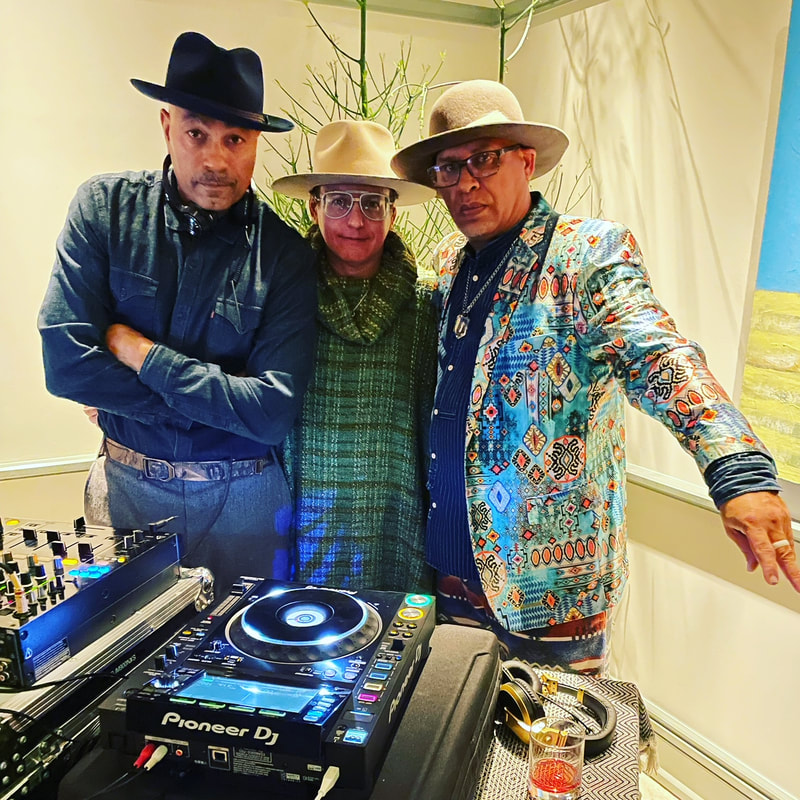

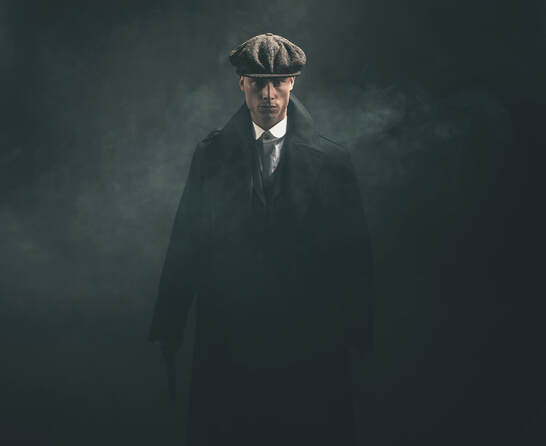
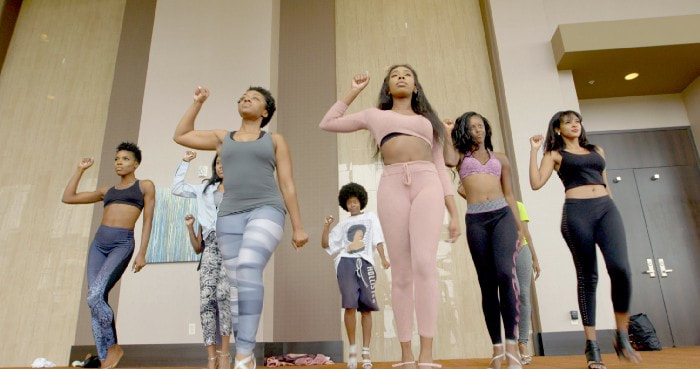
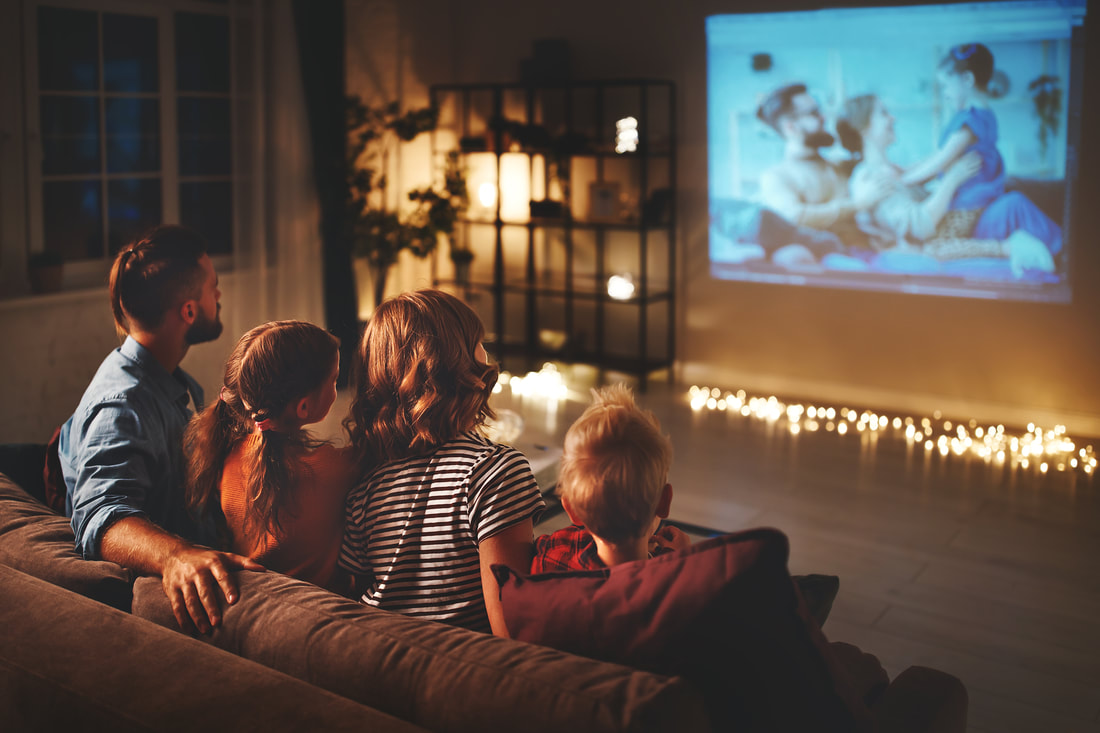
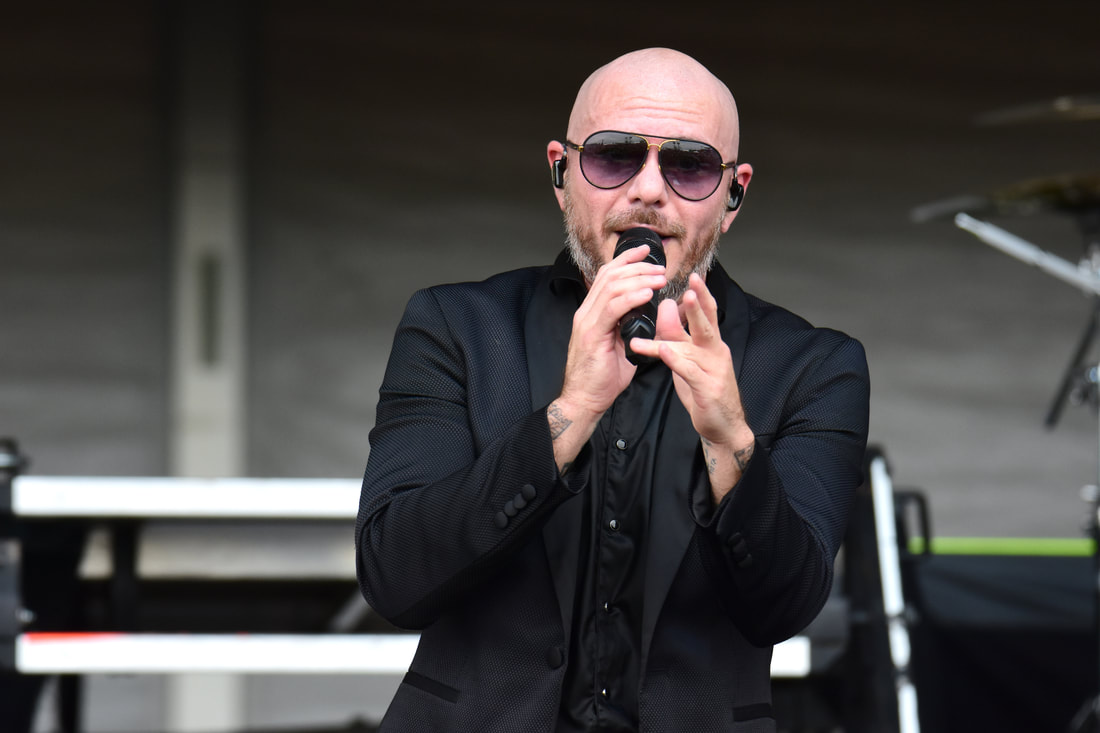
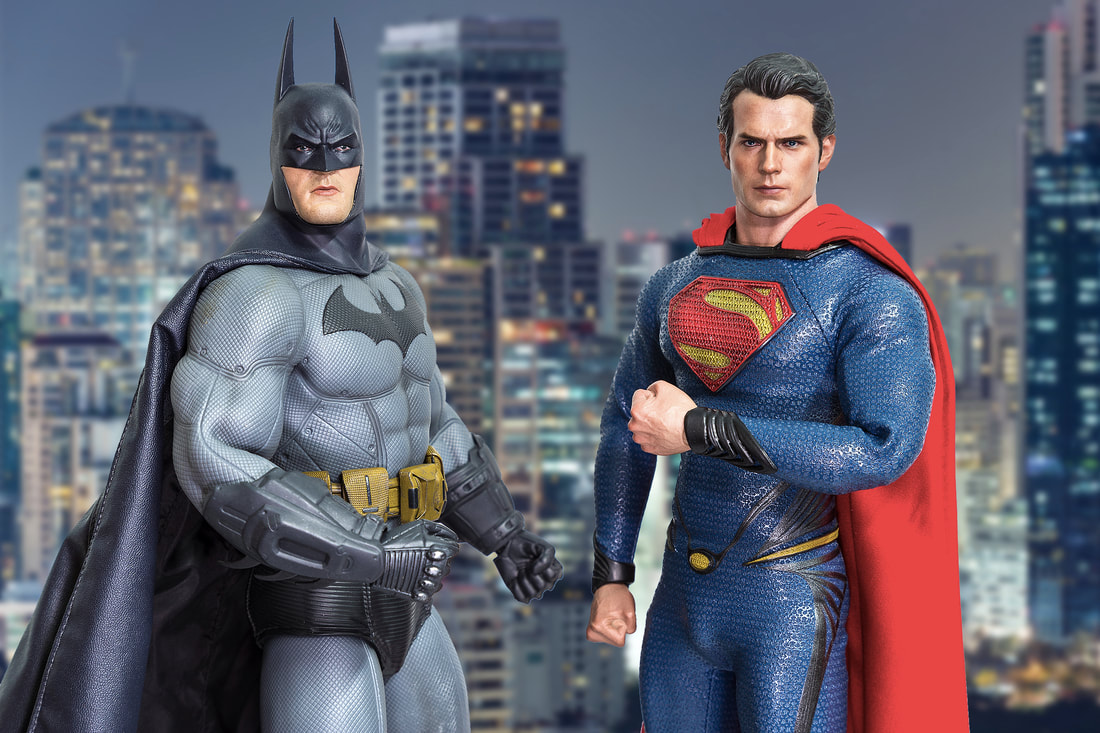
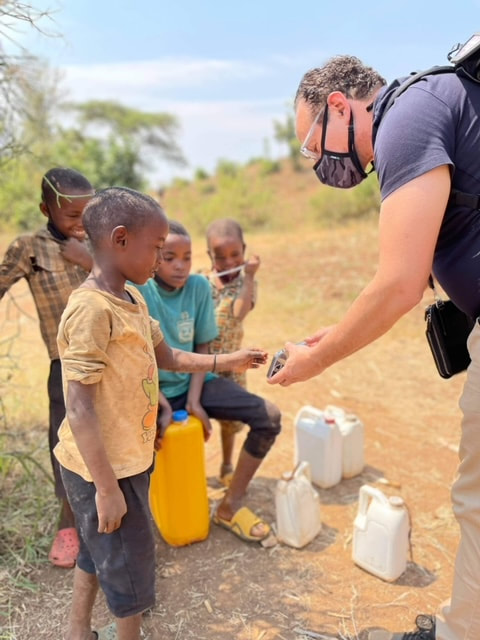
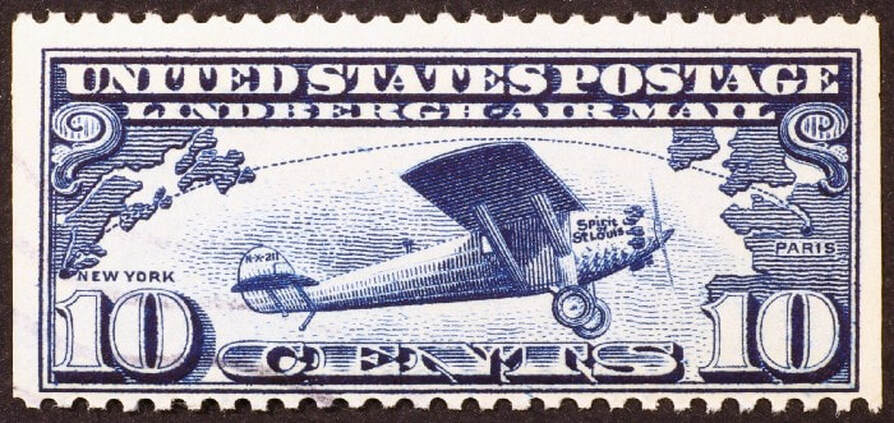
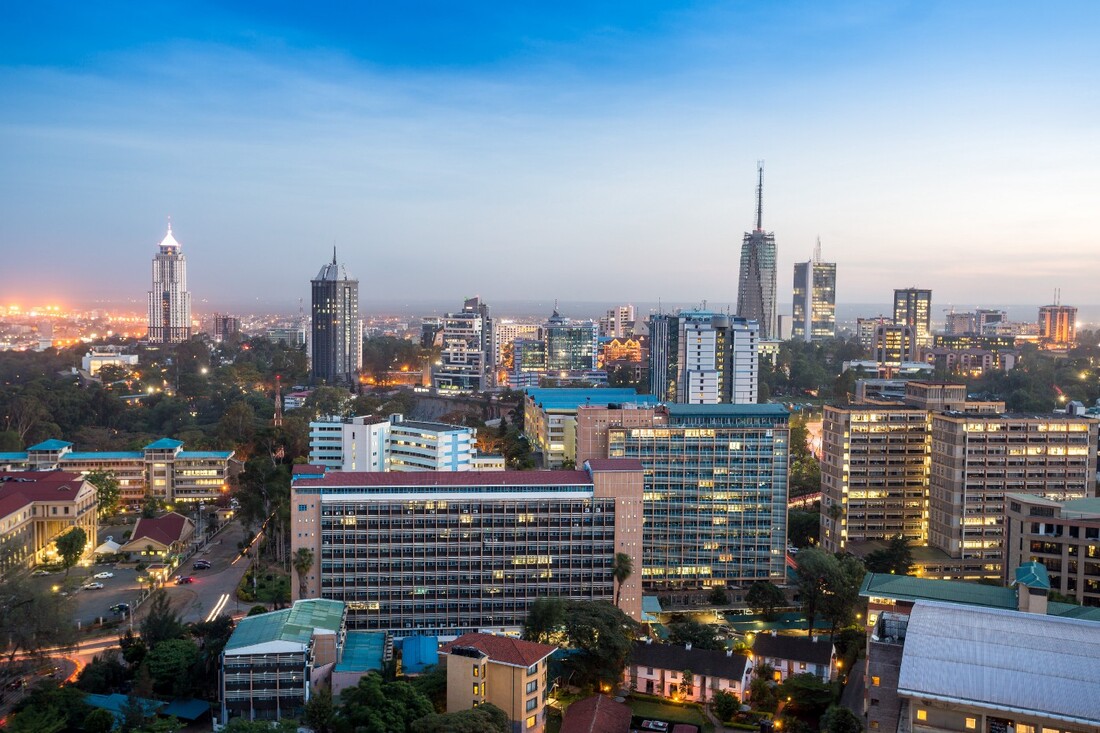
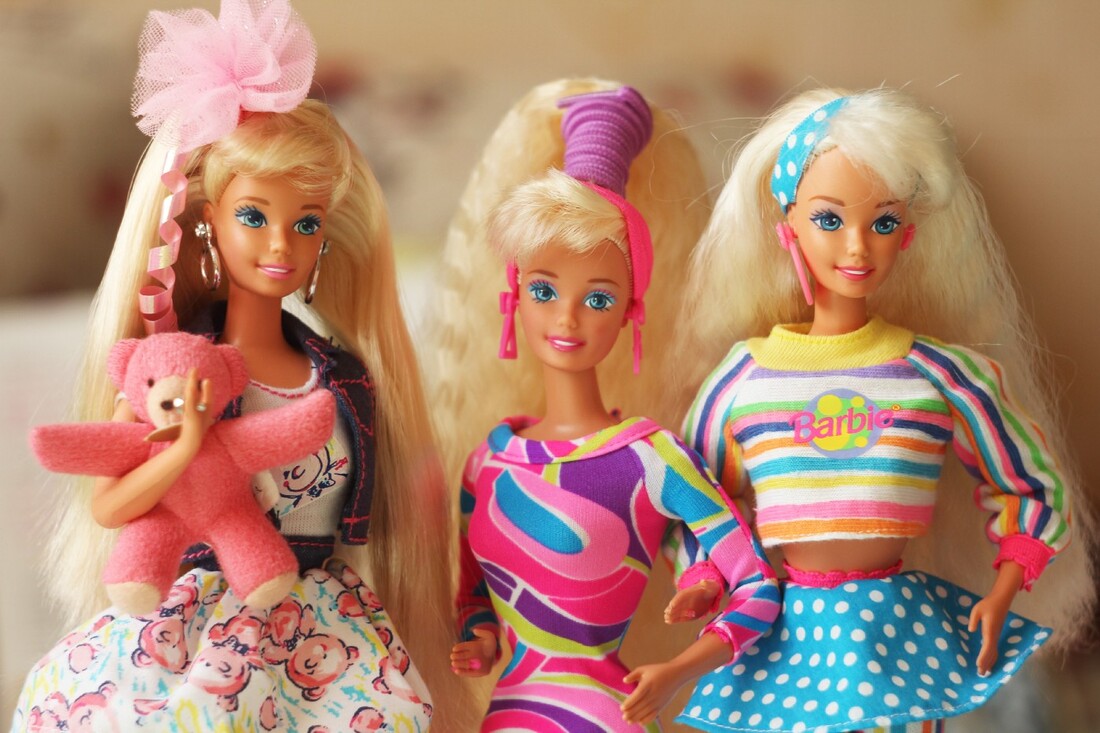


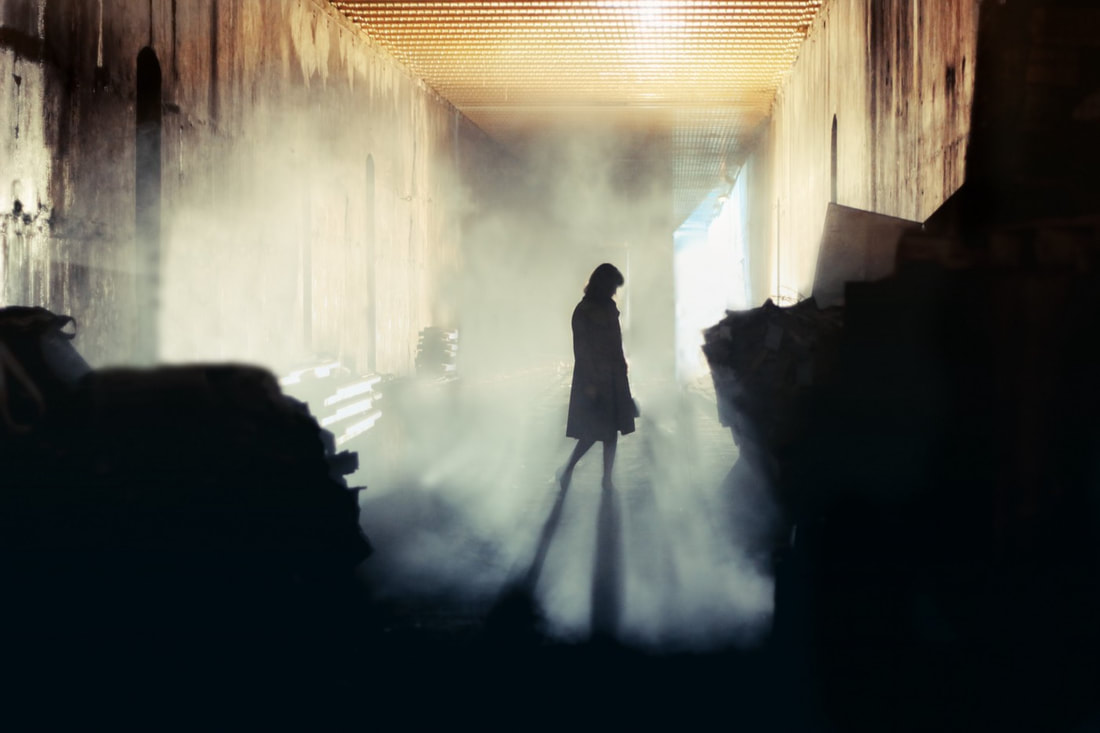
 RSS Feed
RSS Feed